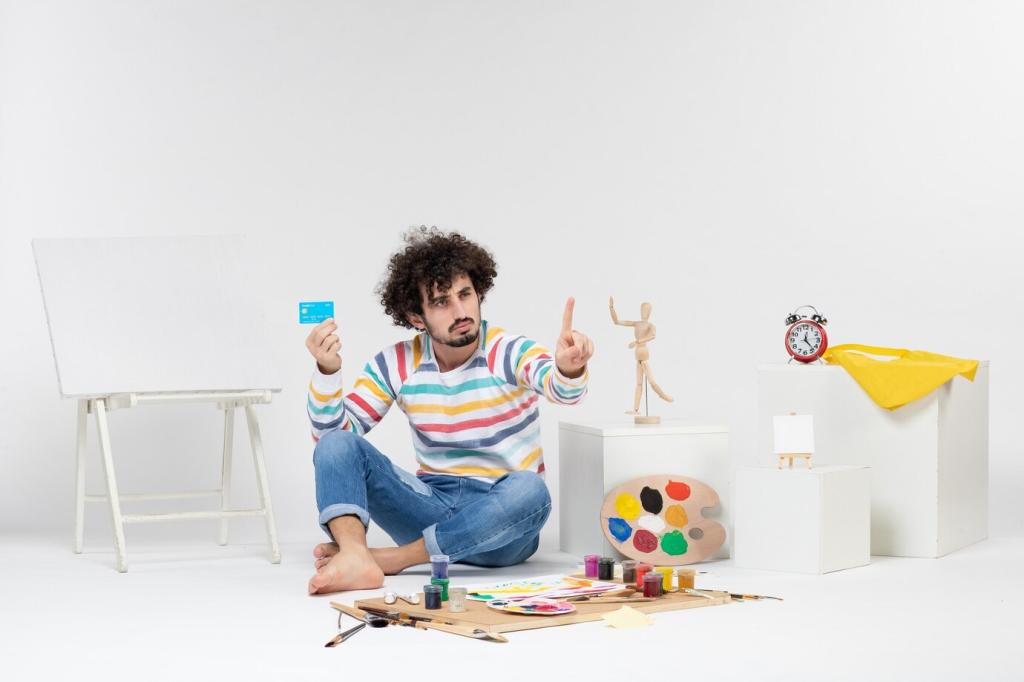Age-Tuned Play Ideas That Teach Social Skills
Use simple back-and-forth games—rolling a ball, passing a drum, or hiding a scarf. Narrate turns using warm, predictable phrases: your turn, my turn, our turn. Keep sessions brief, celebrate tiny waits, and model gentle hands so toddlers feel safe, seen, and successful.
Age-Tuned Play Ideas That Teach Social Skills
Create playful quests like building a bridge of blocks for toy animals to cross. Assign rotating helpers—engineer, tester, fixer—so every child leads and supports. Pause to ask, what did we do well together? Encourage polite disagreement by practicing phrases like let’s try both ideas.




